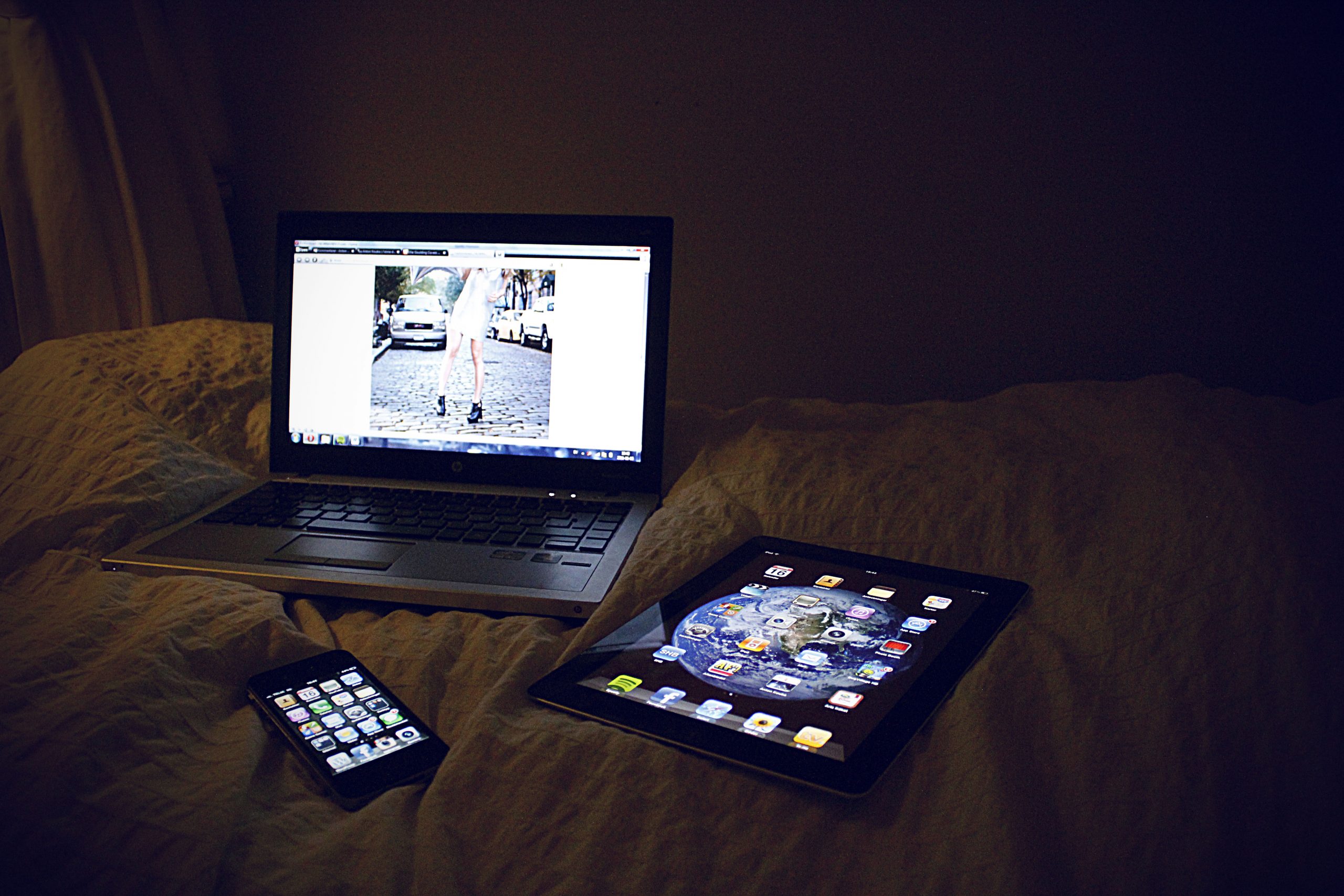National Day of Unplugging, a holiday created to bring awareness to the hold that technology has on the everyday person, is next Friday, March 5. A holiday you may not have heard of, participants in this annual tradition bathe in a digital detox for 24 hours– no cell phones, no laptops…just mindfulness.
The holiday originates from a Jewish nonprofit called ‘Reboot,’ an organization that started in New York City but is rapidly growing in cities across the country. If you’re thinking, “I’m not Jewish,” don’t worry. The holiday is for everyone, regardless of religious affiliation.
In recent years, the event has had hundreds of thousands of participants nationwide, and it is looking to be a major hit again this year. According to the celebration’s website, it aims to help participants “start living a different life: connect with the people in your street, neighborhood and city, have an uninterrupted meal or read a book to your child.”
Audrey Cleary, a University of Miami licensed clinical psychologist, spoke with The Miami Hurricane about why putting your phone down for a bit to focus on the world around you might not sound as bad as you think.
“Mindfulness can be as simple as becoming aware of what is around you– experiencing the sounds, sensations and your senses as a whole,” she explained. “You can deliberately become mindful in the moment with effort, but in general, focusing on one thing helps. Also, focus on gratitude and appreciation. Take time to focus on what you’re appreciative for. It can improve your happiness and overall well being.”
Cleary also spoke about the negative side effects of cell phone overuse, often seen in college students across the nation.
“Cell phone usage can be too much when it starts causing problems in your life. The distraction from academics it brings, and conflict in relationships. Not being present with the people around you can be a sign,” she said. “Social media can also bring on negative comparisons to other people. You don’t want to compare yourself to the negative, edited versions of someone else.”
According to Cleary, the benefits of unplugging can be monumental. Breaking the habit of always having to check your cell phone over and over again for notifications can be a positive experience. Yes, technology has provided many benefits into everyday life, but no one should want to feel locked down by their cell phone.
“It can be healthful to not have to focus on your cell phone and other technology. Kicking away that demand on your attention can help a person get reconnected with their natural environment. Getting aware of your emotional experiences can make the urge of your cell phone less powerful. Even just being present and aware of the negative emotions in your mind like sadness or anxiety can help you feel better about them since you know they are there.”
She continued to list the specific benefits of unplugging, saying that the awareness and physical contact with other people around you to be especially powerful. She says that when you are face to face with a person, your communication can often feel way more authentic. According to Cleary, an improved sleep schedule is another benefit worth mentioning.
Psychologists and researchers have begun identifying disorders that exist when individuals are unable to go lengths of time without their cell phone. One such disorder, known as ‘phone separation anxiety,’ is a struggle that many students deal with every day.
This disorder may sound funny or peculiar, but according to Cleary, it is not a joke. It is defined as “a sense of fear and panic when separated from a mobile phone and the overwhelming fear of anxiety coming from the inability to immediately respond to a notification or have your device in your hand.”
“If having immediate contact with your cell phone is something you’ve learned to depend on, it’s definitely real,” she explained. “If students are feeling anxious about not having their cell phone, it’s important to really think about why. Identify what the fear is, and challenge your fears associated with the phone.”
She listed several questions that students who think they may have this disorder might want to consider in order to try and cure their separation anxiety.
“What do you think you’re missing out on? Do you feel like you’ll really miss out on those things? Are the consequences really as bad as you think they are?”
Whatever the case is, she assured that phone separation anxiety does not have to be permanent. It can be overcome with a little cognitive work.
So, whether you unplug or plug in, make sure to think again about your technology habits. While 24 hours away from a cell phone may not immediately cure problems, everyone has to start somewhere.
Featured image from flickr.com.






